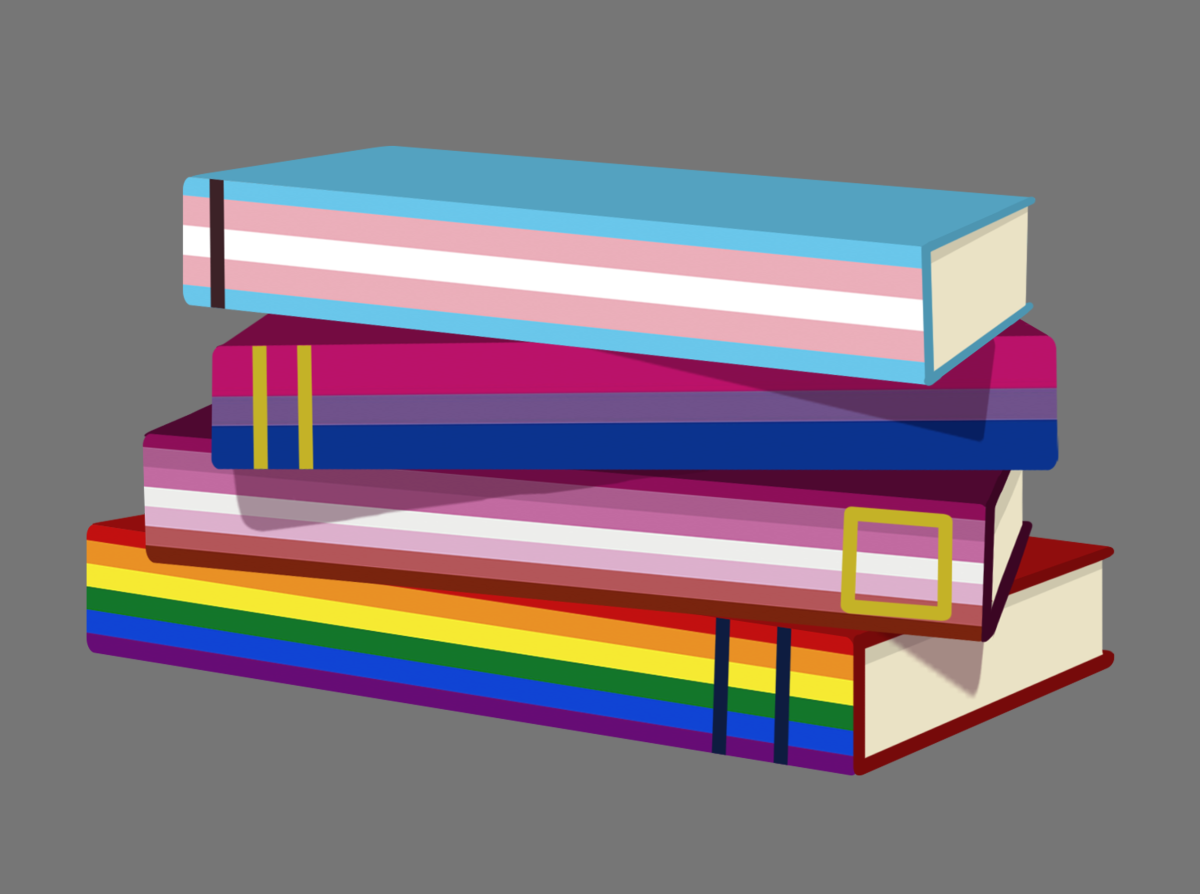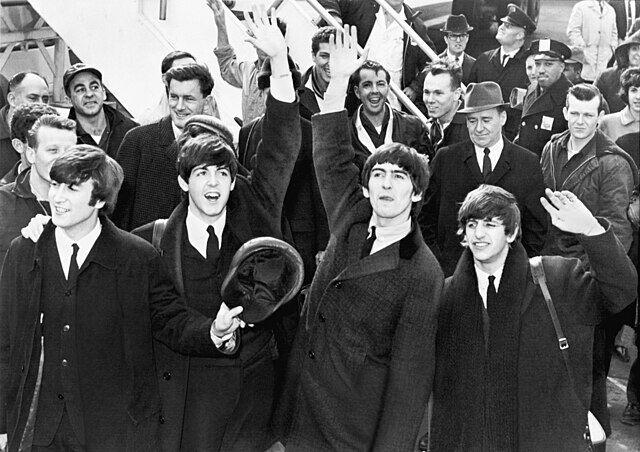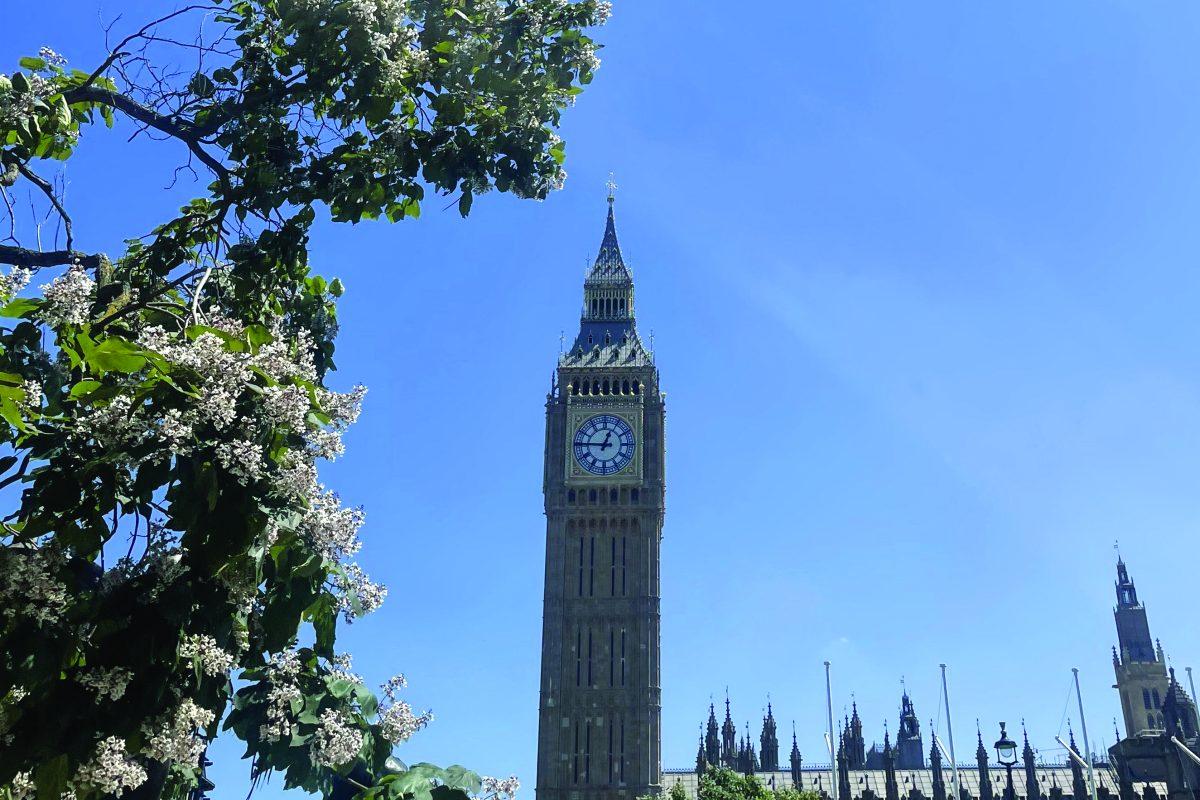LGBTQ History Month means not only examining, appreciating and dissecting the history of LGBTQ activism and experience, but also amplifying the voices of those within the community with stories to tell. From all-encompassing lexicons of change to tender stories of love, loss and finding oneself, authors are breaking down barriers in the literary community with every new publication. If you’re lost in a sea of these great works this October, we’ve compiled a list of gems to get your hands on.
Non-Fiction & Memoirs
“The Stonewall Reader”
By the New York Public Library and Jason Baumann
Drawn from the New York Public Library’s archives, “The Stonewall Reader”adds a certain polyvocality to the events of June 28, 1969 through firsthand accounts, diary entries and interviews with activists who participated in the Stonewall riots. Understanding this history is essential to understanding the subsequent LGBTQ rights movement, as it set off a new generation of liberation, and this book is a great way to learn about and ruminate on where the movement has come from, and where it’s going.
“How to Write an Autobiographical Novel”
By Alexander Chee
Through a collection of essays about the formative events of his life, Chee weaves a gorgeous manifesto on how to navigate life in a world where increasingly more issues are blaring all around you. From being Korean in America to the AIDS crisis to his father’s death, Chee lived through events that he couldn’t separate from his work in literature and the pleasure he had always found in reading and writing. Through Chee’s exploration of his identity, you’ll inevitably begin to explore your own identities as the pages turn, and that’s a beautiful thing in itself.
“The Rib Joint: A Memoir in Essays”
By Julia Koets
Where you live inevitably affects your life experience: our mental maps of reality depend on our space, and what one sees as possible or allowed depends on that space as well, especially in the formative years of our lives. In her memoir in essays, Koets details her life growing up in a heavily religious, and not-so-heavily populated, town in the southern U.S., and how intense fear, loss and love hurt her, pushing her to realize that “naming our desire allows us to feel the heart beating in our chest.” I’d argue this story is essential for everyone, but especially those living and growing in North Carolina — a state with deeply southern roots and tendencies — as our community at NC State is.
Fiction
“Giovanni’s Room”
By James Baldwin
My first fiction recommendation has to be a classic, and who better to pick than James Baldwin? From the author of “The Color of Water” and “Go Tell It on the Mountain,” “Giovanni’s Room” is ghostly and potent, heartwarming and haunting, and the one book I’ve encountered that so artfully spits in the face of happy endings and the concept of “just living freely” by telling a true story of the pain that is inherently intertwined with love. The story is set in 1950s France and follows white American expatriate David as he represses his sexual impulses and reminisices about his life up until this point. There’s a whole lot more to unpack, so get a copy!
“Everyone in This Room Will Someday Be Dead”
By Emily Austin
Out of all fiction exploring LGBTQ identity and mental health in conjunction with one another, this is the one I would recommend to anyone and everyone. The main character, Gilda, is a walking blob of self-doubt and worry, always thinking about death, her impact, and how others are viewing her. When she, a lesbian woman, gets a job as the receptionist at an uber-traditional catholic church, her anxiety is heightened as she becomes obsessed with the previous receptionist’s death and legacy, while also constantly thinking about her own. Austin is skilled in portraying what the brain of a person with intense anxiety sounds and feels like on a day-to-day basis and how that anxiety impacts the journey to self-acceptance as a non-straight individual.
Latinx LGBTQ Stories
“A Cup of Water Under My Bed: A Memoir”
By Daisy Hernández
A story of the immigrant life told through lessons told by her tias and her mother, Hernández’s memoir is a tale of finding her identity as a bisexual woman, and trying to preserve her ties to the family that means so much to her, while simultaneously defying the dictates she was raised through and which seem to hold her back. With multiple narrative strands that tell stories of colonialism, compromise, sacrifice and strength, this is a tale for anyone wanting to explore the connections between identity, family and the impacts of oppression.
“Juliet Takes a Breath”
By Gabby Rivera
This book is powerful. That’s the first thing I’ll say. The story of Juliet, a young Puerto Rican lesbian from the Bronx, moving to Portland and finding community, what intersectionality means to her and her own way to identify with feminism. A constant criticism of white feminist structures and a poignant examination of what it means to be an LGBTQ woman of color through they eyes of a fresh-faced Juliet, this book is a must-read for those who want to open themselves to a conversation about intersectionality and for anyone looking for a refreshing read about found families and finding the love we deserve.
More Reads:
“And the Band Played on: Politics, People, and the AIDS Epidemic” by Randy Shilts
“The Straight State: Sexuality and Citizenship in Twentieth-Century America” by Margot Canaday
“Tomorrow Will Be Different” by Sarah McBride
“Are You My Mother?” by Alison Bechdel
“So Tall It Ends in Heaven: Poems” by Jarme Ringleb
“Her Body and Other Parties” by Carmen Maria Machado
“Small Beauty” by Jia Qing Wilson-Yang
“Ace: What Asexuality Reveals About Desire, Society, and the Meaning of Sex”by Angela Chen
“Detransition, Baby” by Torrey Peters
“What If It’s Us”by Adam Silvera and Becky Albertalli
“Blue Is the Warmest Color”by Julie Maroh and Ivanka Hahnenberger (Translator)




















